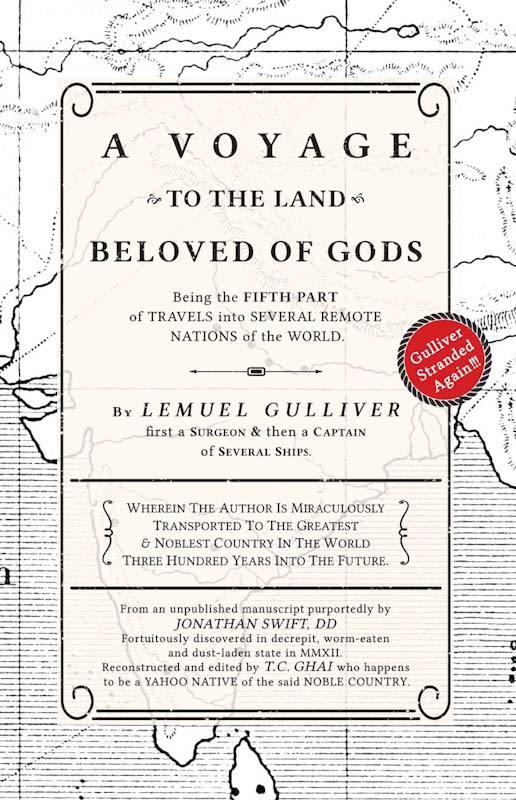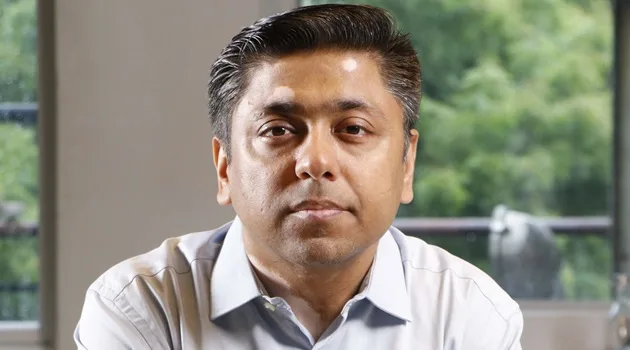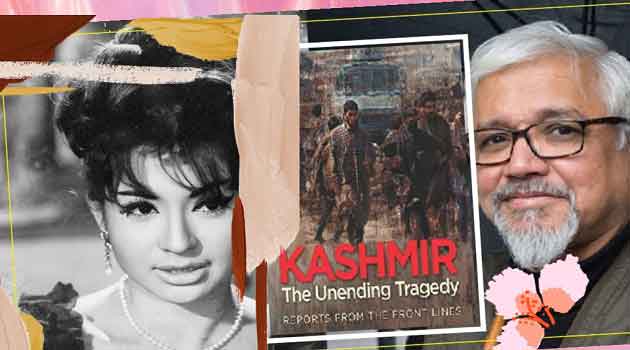Published in 1726, Irish satirist Jonathan Swift’s masterpiece Gulliver’s Travels is a brilliant story that appeals all ages alike. This English Literature classic introduces the protagonist Lemuel Gulliver and his extraordinary voyages to four different parts of the world—first to Liliput (a land inhibited by five-six inches tall humans), second to Brobdingnag (where people are 60 – 70 feet in height), third to Laputa, Blanibarbi, Luggnagg, Glubbdubdrib and Japan (where intellectuals think in terms of abstract concepts) and fourth to the Country of the Houyhnhnms (a country governed by horses). This book which was intended “to vex the world rather than divert it” continues to inspire remarkable literary productions till date.
Released earlier this year, T C Ghai’s A Voyage to the Land Beloved of Gods extends this tradition by taking the readers to Gulliver’s fifth voyage to a country which has profound similarities to India.
The voyage, as described in this book, carries a healthy number of references and comparisons to Gulliver’s previous voyages, especially his voyage to the Country of Houyhnhnms.
The cover of Ghai’s book resembles the first ever cover of Gulliver’s Travels with attentive detailing. The interactive title page lays a convincing setting and adds to the believability of the narrative. The reader is immediately informed about what they are stepping into, a characteristic feature of some of the greatest beginnings ever written.

In his sequel to Swift’s Gulliver’s Travels, Ghai miraculously transports Gulliver three hundred years into the future via the divine intervention of The Great Swan. In this ‘strange country thousands of miles away’, Gulliver is accompanied by one of Great Swan’s disciples Ocean of Learning, who attends to all his needs and settles him at an apartment called The Refuge. Gradually, he learns about all the inventions and developments since the 18th century, including the Flying Machines, Distance Speak Portable Devices, as well as the histories of wars, modern day architectures and the Rule of Law.
Ghai’s attention to detail and apt use of allusions is such that each description gets imprinted in the reader’s mind almost effortlessly yet impactfully. His clear and elaborate writing style helps the reader get familiar with the world as freshly experienced and lived through Gulliver’s lenses.
Ghai further introduces a range of characters as the inhabitants and esteemed citizens of the Land Beloved of Gods, who interact with Gulliver in a worldly manner. Gulliver is swayed by the fantastic advances of the world and draws constant comparison between the British Yahoos and the European Yahoos.
Through Gulliver, Ghai paints a rich socio-political picture of the country and reflects upon the premise over which the superstructure stands. The chapters are laden with well-researched references and witty commentary, paying fair homage to Swift’s sharp observations and poignant writing style.
Via Gulliver’s exposure to the amenities and ways of the modern world, including difficult hospitalization, brutal investigations, uncalled imprisonment and an ironical death sentence, Ghai satires the inefficiency of contemporary India’s administration in handling the most basic everyday life situations and mankind’s conceited ways of sugar-coating it all.
He wisely utilizes one of the greatest literary characters ever created to paint a taunting image of the country’s saddening state of political and socio-economic reality and the challenges posed by neoliberalism.
Ghai’s book is remarkable for the peculiarity of its treatment of the subject. He captures the ludicrousness of Swift’s unique way of jabbing painfully funny doses, which has a delightful as well as intellectually stimulating effect on the readers.
About T C Ghai
T C Ghai is a retired Associate Professor from University of Delhi. Having published abundance of fiction, poetry, translations and course books, T C Ghai’s love for literature continues to pour through his blog ‘Interactions’.







